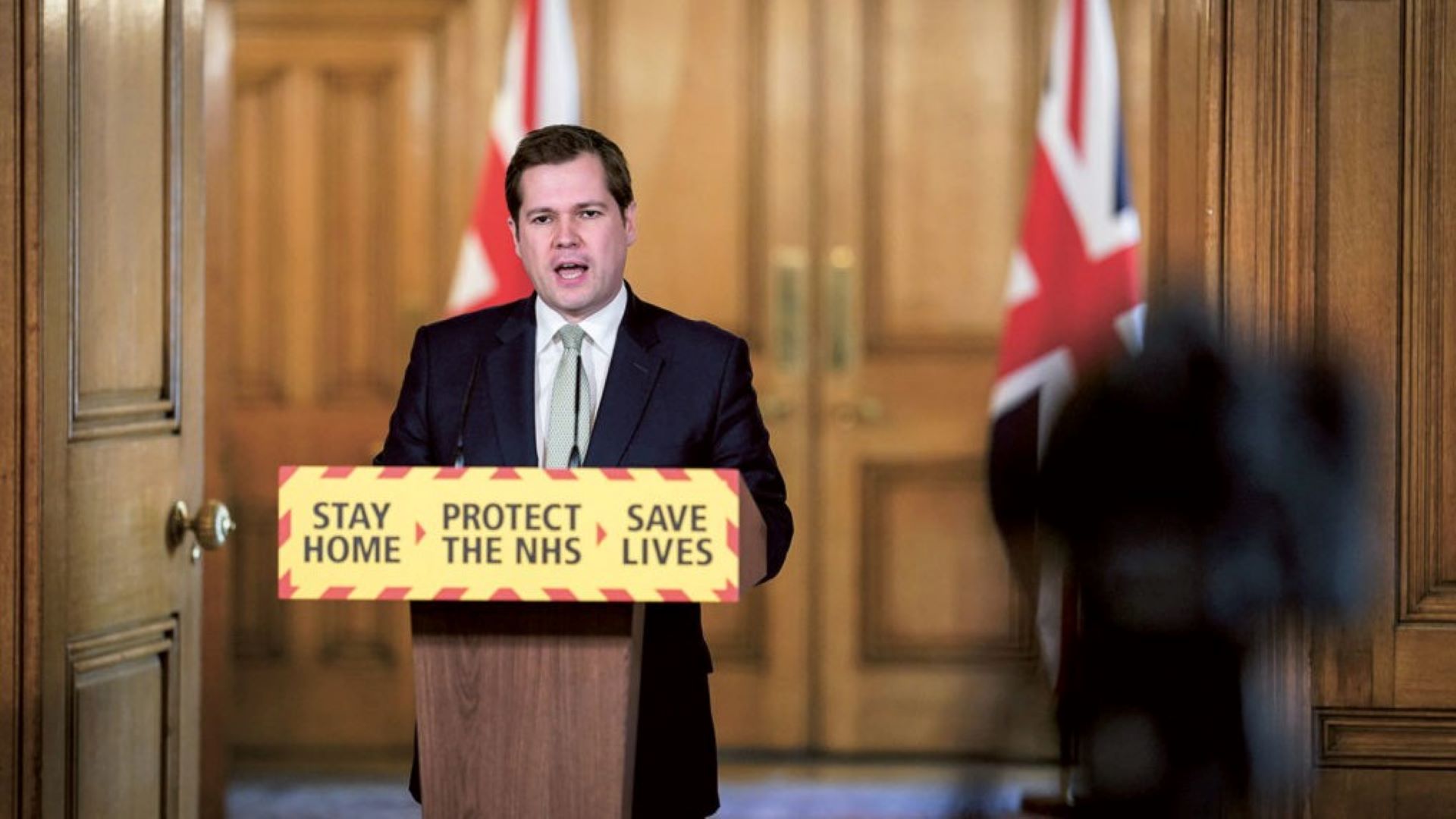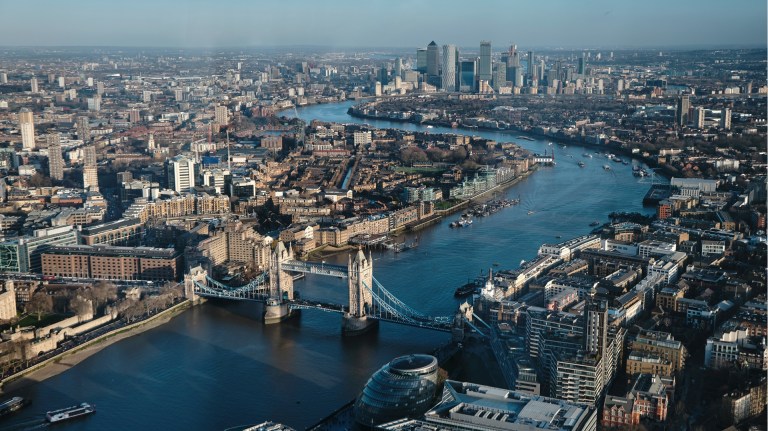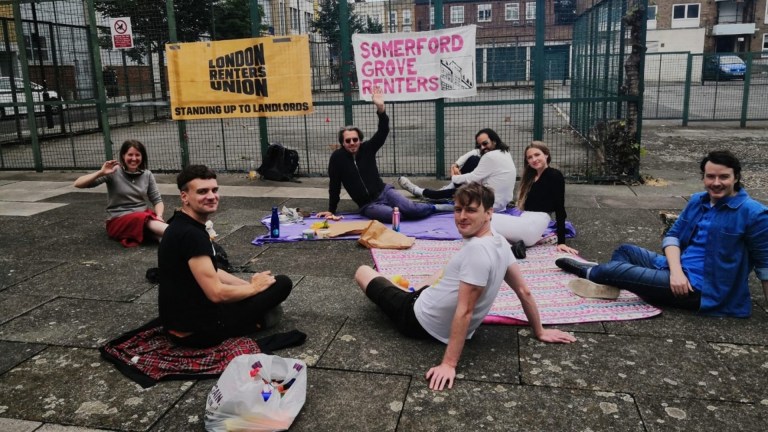Prime Minister Boris Johnson promised to “see what can do to help” people with NRPF after appearing unaware of the situation while being quizzed at the Liaison Committee.
“The majority of the funding announced was already announced at budget, albeit accelerated,” the letter said.
“This announcement did not clarify whether the Everyone In policy was actually coming to an end or not. It did not confirm if the new units would be available for use by those who have not been able to access the current available provisions, thus remaining street homeless. The announcement also did not address the question of support for people with no recourse to public funds.
“Finally, it made no mention of people who will become homeless in the future and how they might be accommodated.”
There is also grave concern about the welfare of rough sleepers heading into the winter months, with fears that provision in church halls and community centres will be significantly cut as a result of social distancing measures, and could result in a “humanitarian disaster” with people exposed in the colder weather.
Social justice museum and emergency taskforce Museum of Homelessness has been running a daily provision hub in North London alongside Streets Kitchen. Co-founder Matt Turtle said: “As winter draws nearer and the economic impacts of coronavirus start to bite, what is the government’s message for the many new faces we are seeing daily on the streets?
Advertising helps fund Big Issue’s mission to end poverty
https://twitter.com/LGBTIQoutside/status/1265970271934169089?s=20
“Volunteers and local groups have been working tirelessly to support the hundreds of thousands of people in inadequate temporary accommodation or overcrowded hostels. These people have been left out during the pandemic without access to food or essential supplies. If we are really to end homelessness, we must truly address inequality and ensure everyone is included in the plans.”
Ministers must urgently bring in more funding and more flexible rules to make it possible for councils and community groups to mitigate the catastrophic effect of the pandemic on homeless communities, the groups said.
Haringey Migrant Support Centre is a North London charity supporting migrants and helping them access legal advice. The crisis has put unprecedented demand on their services.
A centre spokesperson said: “The crisis of homelessness has, shamefully, been an accepted feature of our social fabric for the last decade. The problems faced by homeless people during Covid-19 lockdown are the tip of the iceberg.
“However, we face a unique opportunity to end homelessness once and for all. To do so requires us to examine and resolve the long-term issues underlying the homelessness crisis of Britain: poverty, precarity, uncontrolled high rents and an immigration regime that has, in effect, accepted destitution as a direct consequence of racist immigration laws.
Advertising helps fund Big Issue’s mission to end poverty
“In order to meet the public health challenge of coronavirus by ending homelessness, we must rock the prevailing status quo that renders our community spirit deeply unwell. Now more than ever, we must use this moment to challenge the hostile environment and lend our support and solidarity to those who are most disadvantaged. To leave anyone behind is a risk to us all.”
A government spokesperson said: “Any suggestion we are rowing back on our commitment to support rough sleepers is untrue.
“We’ve been clear councils must continue to provide safe accommodation – backed by an unprecedented £3.2 billion package of government support – and thank councils, charities and other partners for working with us throughout this pandemic as we protect some of the most vulnerable people in our society.
“We have already announced accelerated plans for new rough sleeping services – backed by £433 million – which will ensure 6,000 new housing units will be put into the system, with 3,300 of these becoming available in the next 12 months.”
“Our new rough sleeping taskforce – spearheaded by Dame Louise Casey – has one overriding objective: to ensure as many people as possible who have been brought in off the streets in this pandemic do not return and will continue to work closely with councils and charities to provide the long term support needed.”










